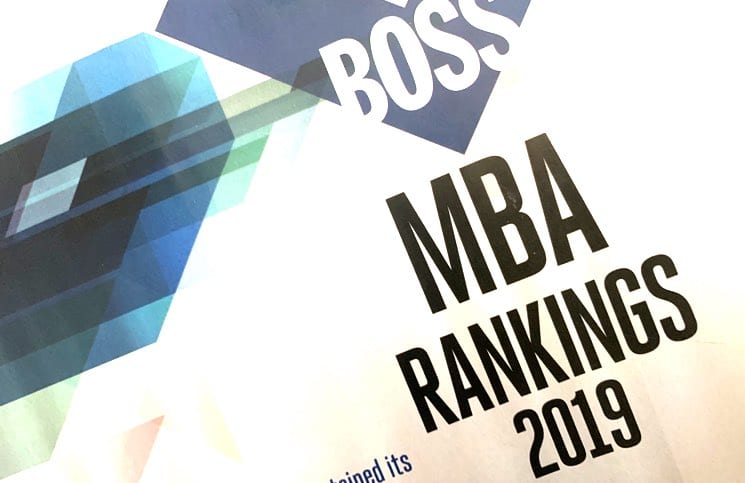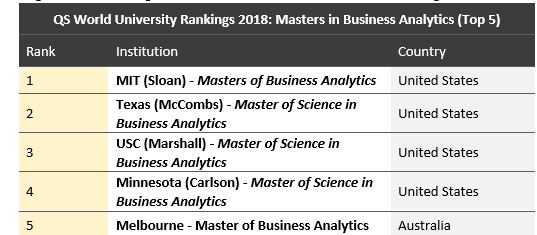


This ranking is based on a combination of surveys of deans and recruiters and statistical indicators that measure the quality of a school's students and employment results.The complete 2019-20 rankings of all 94 full-time U.S. News & World Report ranking of full-time MBA programs.

This ranking is based on an outcome score (65 percent), a Fortune-created brand score (25 percent), and a Fortune 1000 score (10 percent). Tuck was ranked #10 in Fortune’s inaugural ranking of traditional full-time MBA programs. Forbes surveys alumni and determines return on investment by looking at five-year total compensation after graduation, minus the sum of tuition and forgone compensation. Forbes ranks business schools biennially based on the return on investment for its graduates. The rankings are calculated as an aggregation of 20 distinct measures of a school’s performance.įorbes ranked Tuck #6 in its ranking of the best business schools in the country. schools and #10 worldwide in the Financial Times' 2021 ranking of the 100 best full-time MBA programs. Once again, Tuck’s alumni network was ranked #1 for its effectiveness. The annual ranking is based on four factors The Economist identifies as the primary reasons students pursue an MBA: to open new career opportunities (weighted at 35%), for personal development and educational experience (35%), to increase salary (20%), and to build a professional network (10%). Tuck was ranked #10 by The Economist among full-time MBA programs in the U.S., and #12 among programs around the world. schools weighs five different indexes: compensation, networking, learning, entrepreneurship, diversity, and is based on surveys of students, alumni and MBA recruiters. Tuck placed #2 in the Bloomberg Businessweek ranking of full-time MBA programs. We will continue to focus on making the Tuck MBA the best educational experience in the world, with great professors giving unprecedented access to outstanding students.Ĭurrently, Tuck participates in six annual or biennial rankings: Bloomberg Businessweek, The Economist, Financial Times, Forbes, Fortune, and U.S. While we recognize the importance of business school rankings and welcome the constructive feedback they can provide, Tuck's strategy remains consistent with our values and objectives. Each tries to provide information that will help prospective students and other businesspeople understand more about a school. Each ranking evaluates a different set of criteria, surveys different audiences, and measures various aspects of a program. Ranking business schools has become an industry in itself.


 0 kommentar(er)
0 kommentar(er)
